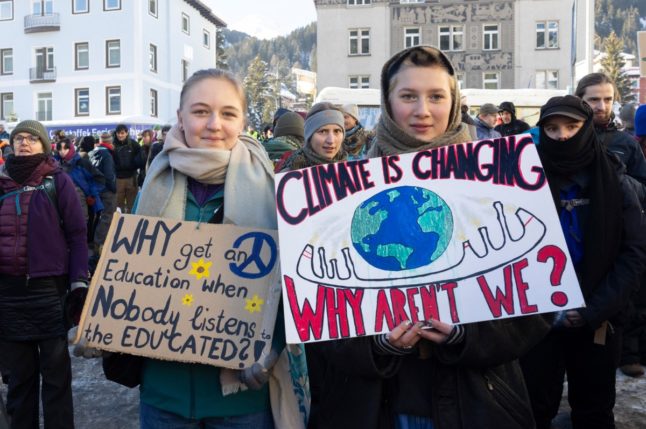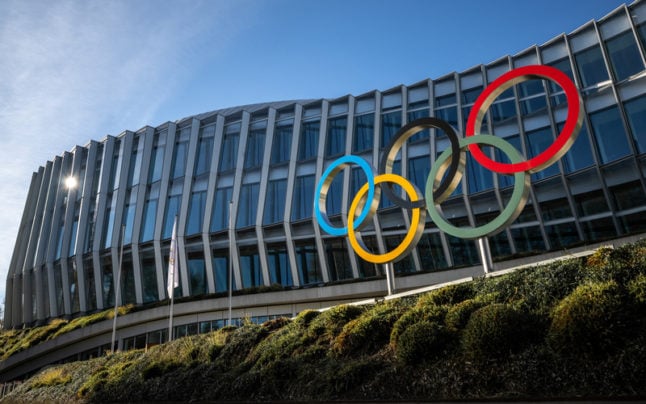In its recently released 2024 report, Amnesty International criticised Switzerland for imposing restrictions on the right to protest and for dispersing protests violently.
So what’s the problem?
While not an explicit ban on protest, Amnesty International considers the obligation in some Swiss cantons for protest organisers to gain official approval and shoulder potential costs to be a repressive measure—essentially a ‘workaround’ in cooling dissent.
Amnesty International’s criticism comes on the heels of other concerns.
In 2024, Amnesty International joined with the United Nations in criticizing moves by some Swiss cantons and cities to ban protests regarding the Middle East conflict as ‘disproportionate’.
Read More: How ordinary citizens can try to change the law in Switzerland
The organization has also highlighted the continued use of rubber bullets by Swiss police in dispersing protests as a serious area of concern.
Furthermore, any changes to protests are controlled or permitted in Switzerland must be made through individual cantons due to the country’s devolution of specific powers – a process that could take years.
So what restrictions have been introduced in Switzerland?
In early March, the ‘Anti-Chaoten’ initiative put forward by the right-wing Swiss People’s Party (SVP) youth wing, which would have placed significant legal and financial burdens on protesters, was rejected in a Zurich cantonal referendum. However, a counterproposal by cantonal authorities was accepted at the polls.
The successful counterproposal requires explicit permission from authorities to hold a protest or rally, as well as passing on the cost of the police operation, as well as any intentional damage, to protest organizers. Failure to gain approval for protests can result in charges being laid.
Following the success of the Zurich measure, the Basel SVP intends to introduce a similar proposal to be voted on in August – with the same likely result.
Which protests have been dispersed violently in Switzerland?
Due to global events, protests have become increasingly common in Switzerland over the last five years. Most have been peaceful, but there have been exceptions.
Measures introduced to limit the spread of the coronavirus between 2020 and 2022 led to violent protests being dispersed in Bern, Zurich and Lucerne.
Read More: Switzerland to impose tougher penalties for violent protesters
Climate change protests have also been violently dispersed by police, using pepper spray and rubber bullets – such as in Basel in February 2023.
Amnesty International has also raised serious concerns regarding the police dispersal of an International Women’s Day protest in Basel on March 17th of this year, in which rubber bullets were also used.
Most recently, opponents of the Eritrean regime were dispersed with tear gas and water cannons at a demonstration in Gerlafingen, Aargau, on March 31st.
What right do the Swiss have to protest?
The right to peaceful protest is enshrined in the Swiss federal constitution—Article 16 provides for freedom of expression, while Article 23 protects the right to free association.
Indeed, in 2020, the country successfully introduced a resolution to the United Nations Human Rights Council, calling for world governments to protect the right to protest and not use the coronavirus pandemic as a reason to curtail freedoms.
Read More: What foreigners should know about the Swiss constitution
Furthermore, the country is a signatory to the Convention against Torture and Other Cruel Inhuman or Degrading Treatment or Punishment, as well as the Optional Protocol to the Convention Against Torture, which could have some bearing on how protests are dispersed.



 Please whitelist us to continue reading.
Please whitelist us to continue reading.
Member comments